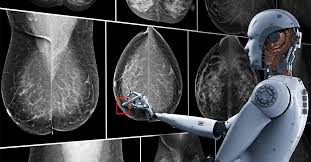Joe Biden Diagnosed with Aggressive Prostate Cancer: What We Know” (5 minutes of reading)
Former U.S. President Joe Biden, 82, has been diagnosed with an aggressive form of prostate cancer that has spread to his bones, according to a statement from his office
Doctors discovered a prostate nodule after Biden experienced worsening urinary symptoms. Tests confirmed a Gleason score of 9, which indicates one of the most severe forms of the disease.Despite the seriousness of the diagnosis, doctors say the cancer is hormone-sensitive, meaning it can still be managed with treatment. Biden and his family are currently reviewing treatment options with his medical team.
In a message shared online, Biden acknowledged the emotional weight of the diagnosis, writing, “Cancer touches us all,” and thanked the public for their support. He also reflected on past hardships, saying he and his wife Jill “have learned that we are strongest in the broken places.”
In a rare moment of unity, Donald Trump responded with sympathy. On his social media platform, he wrote:
“Melania and I are saddened to hear about Joe Biden’s recent medical diagnosis. We extend our warmest and best wishes to Jill and the family, and we wish Joe a fast and successful recovery
Prostate cancer is common among older men, but a Gleason score of 9 means it can grow and spread quickly
Biden’s health had already been a topic of concern during his presidency, especially after a shaky debate performance in 2024.He is currently at home in Delaware as he prepares for the next steps in his treatment journey.
Here’s a simple visual explainer of the Gleason Score System used to grade prostate cancer:
🔍 What It Shows:
- Scores range from 6 to 10.
- Green (6): Low aggressiveness — slow-growing cancer.
- Yellow (7–8): Intermediate aggressiveness — moderate risk.
- Red (9–10): High aggressiveness — fast-growing and more dangerous.
- Score 9, highlighted in dark red, is what Joe Biden was diagnosed with. It indicates a very aggressive form of prostate cancer.
This system helps doctors decide how serious the cancer is and what treatment might be best.



